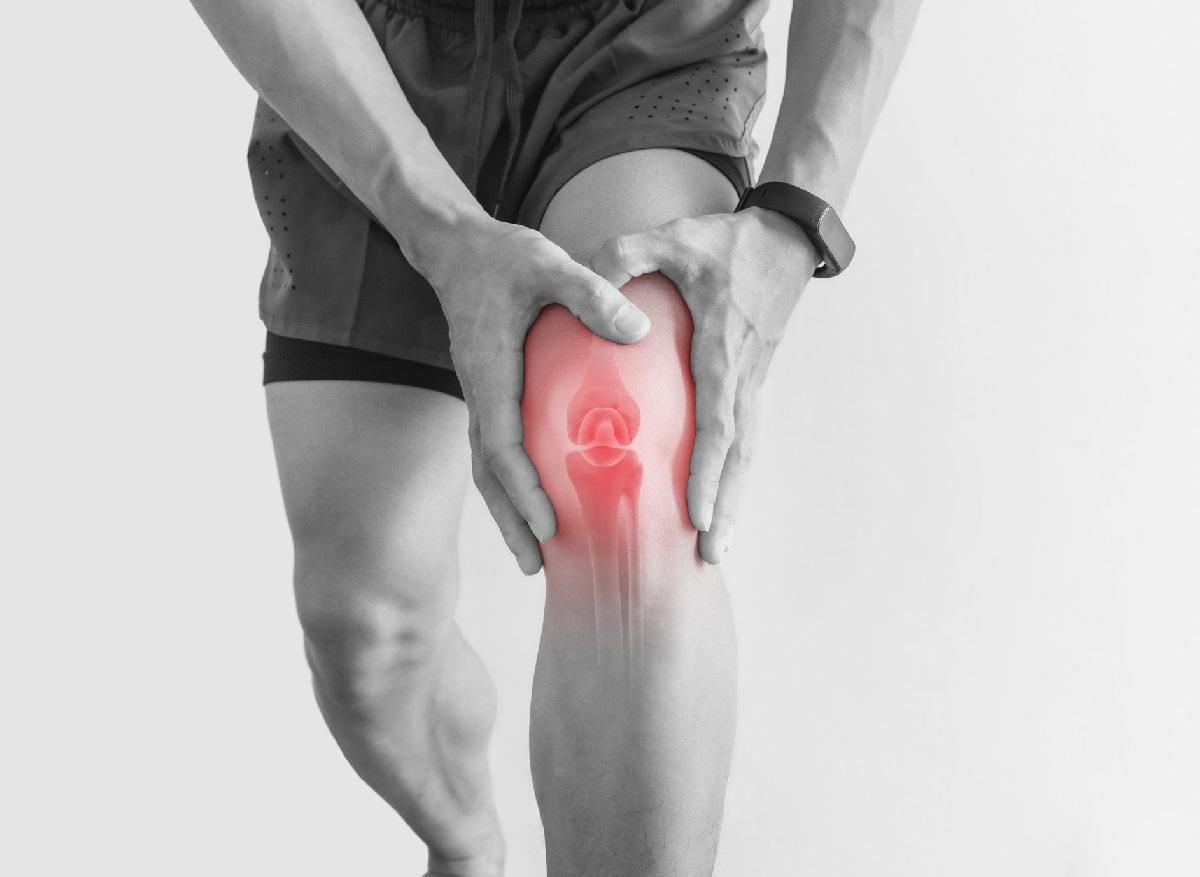The marathon craze continues to grow: tens of thousands of participants, just to mention the most famous ones. And hundreds of half-marathons available all over the world…

- Cardiologists from several countries decided to investigate the issue of danger by carrying out tests and taking blood samples two days and fifteen days after the event.
- Results: We certainly observed minor changes at the end of the race but they had completely disappeared two weeks later.
- Please note before starting: do not exceed the maximum frequency limit during the race, which is 220 minus your age.
Wives, husbands, children, worried to see all these forty-somethings or fifty-somethings tackling the 42.195 km… An unjustified fear? It is at least a logical fear if we remember the story of the first Marathon… Indeed, a Greek soldier had run the exact distance from the city of Marathon to Athens to announce the victory against the Persians in 460 BC to his king and collapsed dead, his mission accomplished…
Cardiologists from several countries decided to investigate the issue of danger by carrying out tests and taking blood samples two days and fifteen days after the event.
Reassuring results among marathon runners
There are certainly minor changes observed at the end of the race, but they have completely disappeared two weeks later. In both men and women, it must be emphasized. The heart is a muscle and like all muscles, it is loaded with waste that is found in blood samples.
But it is a robust muscle that recovers very quickly… Provided, like all muscles, that it is trained! Those who run the marathon without any preparation, whether physical or dietary, are rare… And generally, they do not finish.
It is still an enormous effort. The heart will beat at least twice as fast for, on average, three to five hours. There is a first basic precaution: do not exceed, during the race, the limit of the maximum frequency during exercise which is 220 minus age. For example, someone aged 40 should never exceed 180 beats per minute…
Tips for those who want to prepare for a marathon
There are dozens of websites that offer excellent programs based on the initial fitness level. But you should consider several months of preparation.
It is not legally mandatory to consult a doctor, but it seems more prudent to get a general idea. For specific advice, you should see a sports specialist, such as a sports cardiologist. If you have the slightest doubt, he will perform a stress test. Run on a treadmill while the doctor gives you an electrocardiogram to see in real time how your heart is reacting.
The risk of sudden death is very low. For example, 8 deaths out of 750,000 participants in London over thirty years, all in people with obvious risk factors.
What do you say to someone who wants to run a marathon? From a cardiological point of view, the green light is easily obtained! On the other hand, if the heart is not a problem, it is not the same for the joints, which require a careful examination by your doctor to be sure not to turn the runner into an invalid for many months!

















